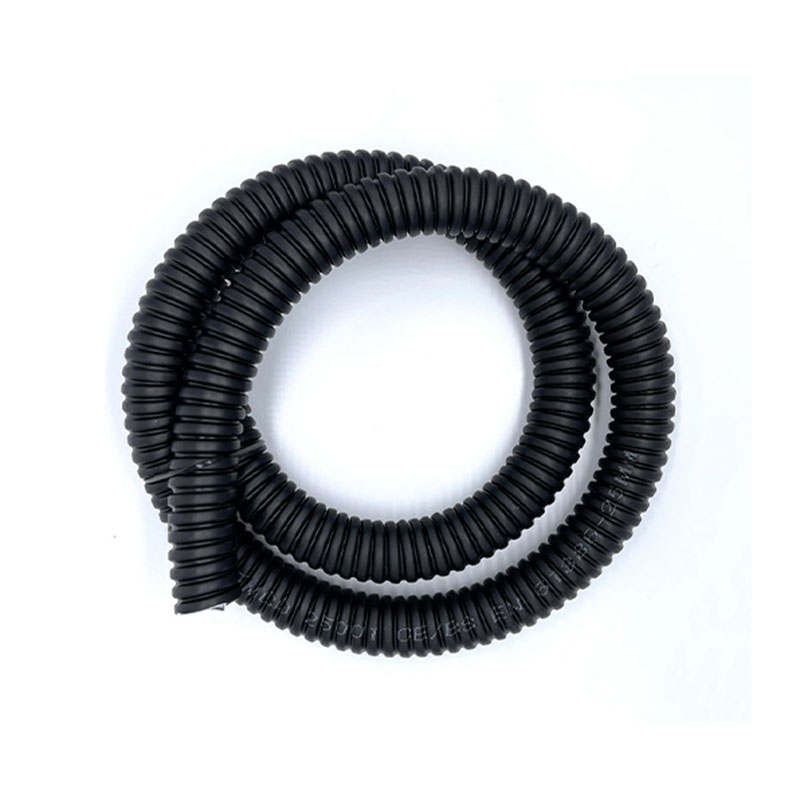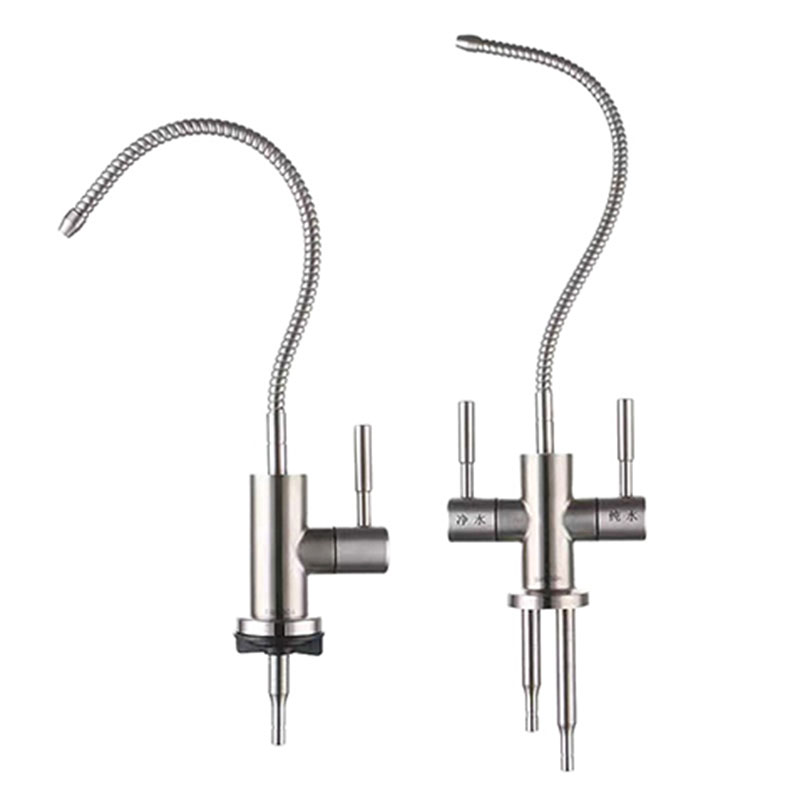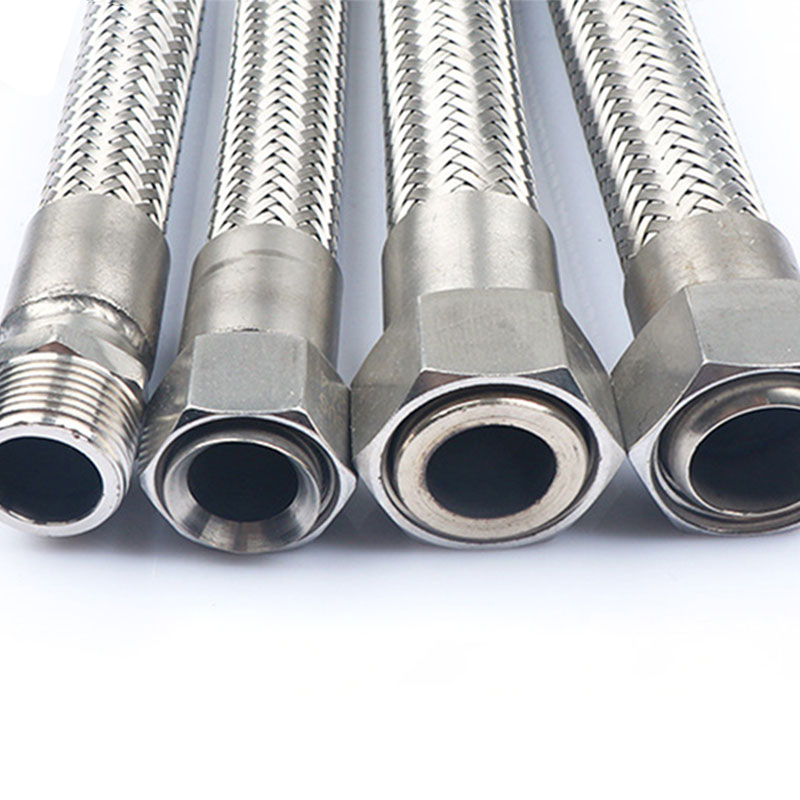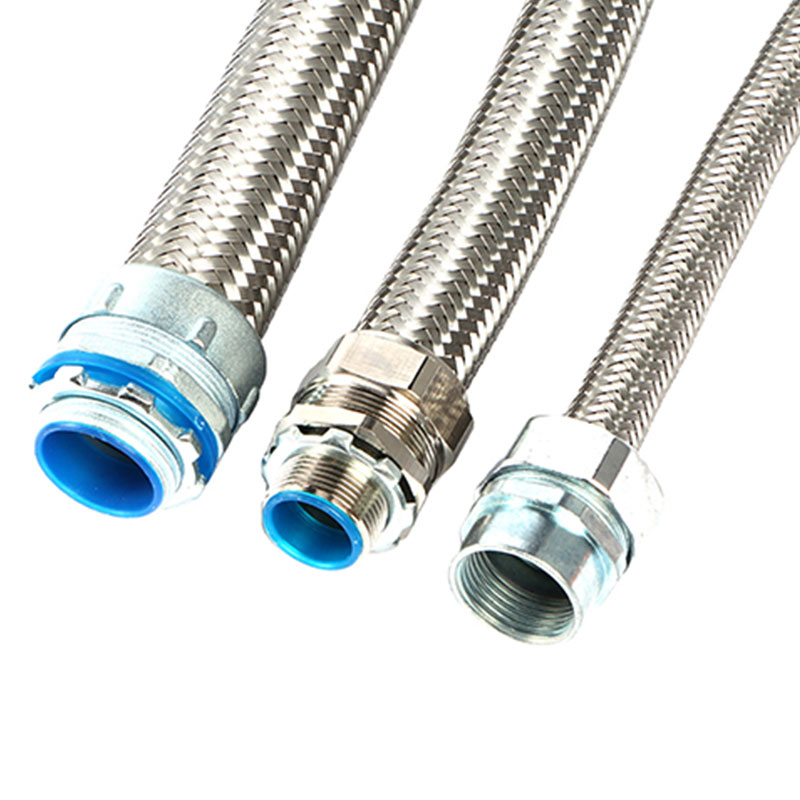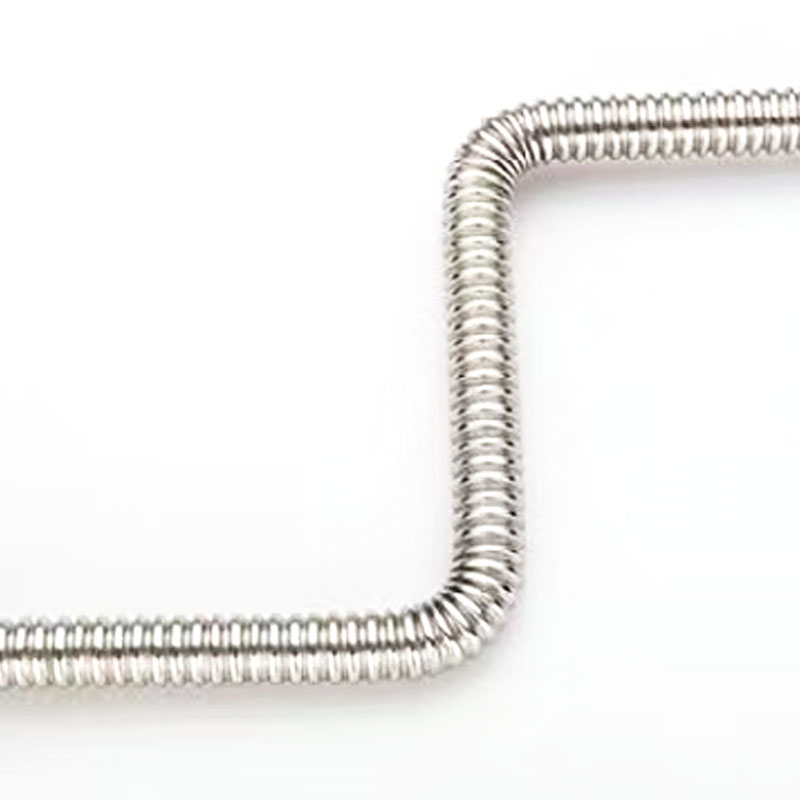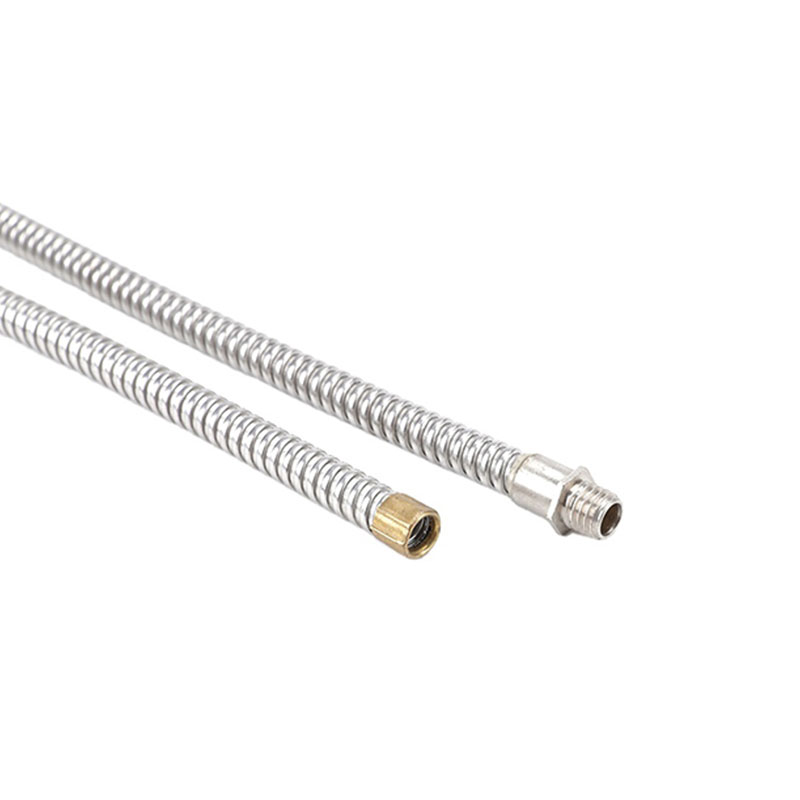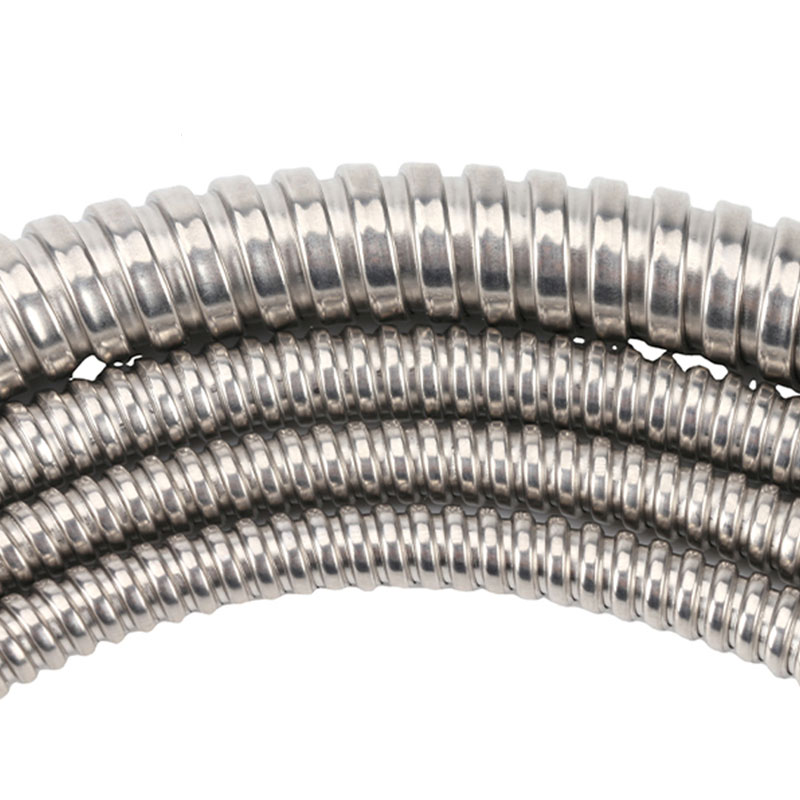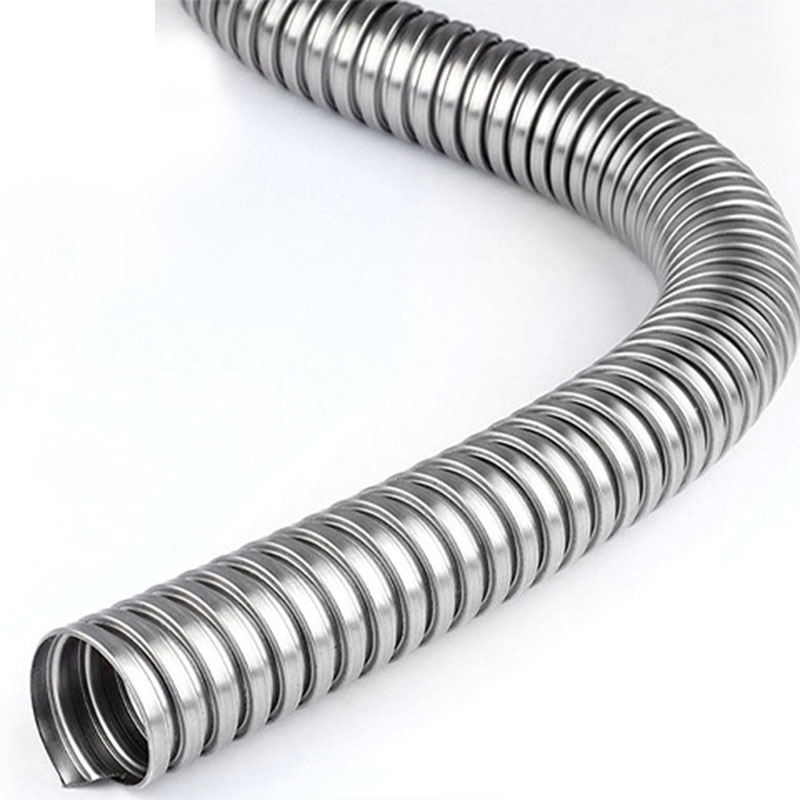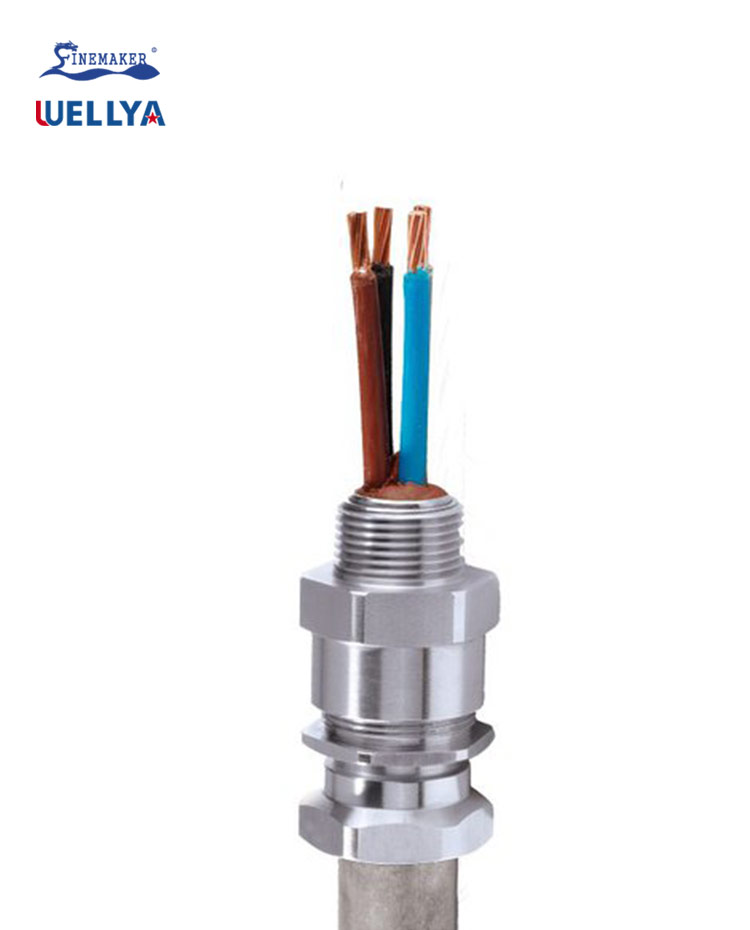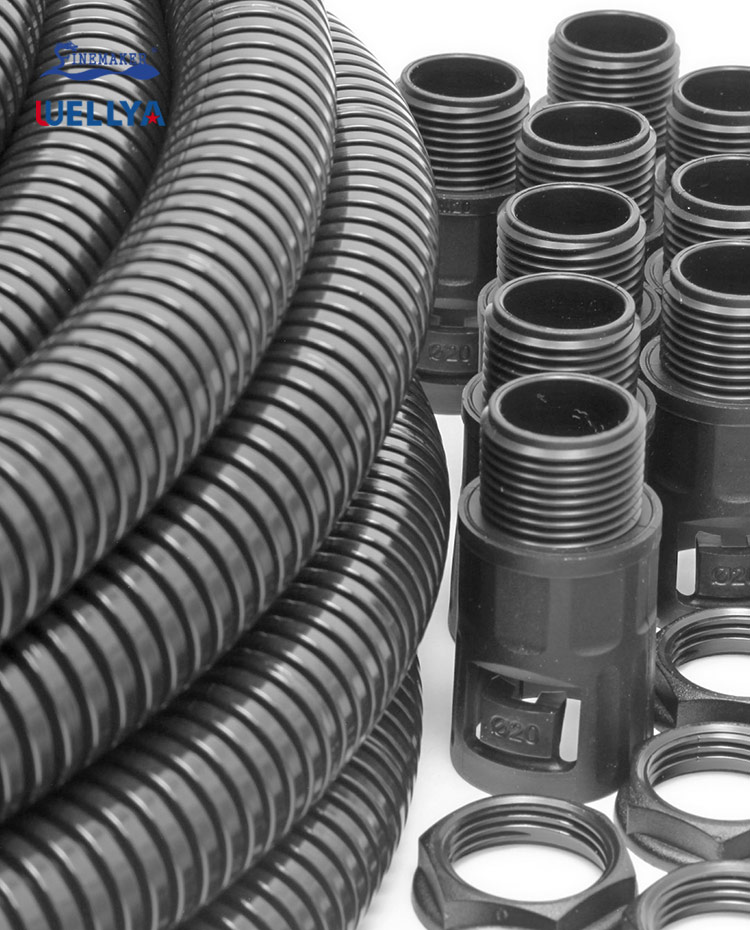We are specialized in manufacturing all kinds of metal conduit,
Hangzhou Fanyumeier Trading Co., Ltd
Industry Situation Of Electrical Cable Flexible Conduit
Industry Situation Of Electrical Cable Flexible Conduit
The electrical cable flexible conduit industry has seen steady growth in recent years. The demand for this type of conduit has grown as the need for electrical systems has increased in both commercial and residential applications. This type of conduit is used to safely contain and protect electrical wiring, making it a critical component in any electrical system. With the increasing demand for these conduits, manufacturers have responded with innovative designs and improved production methods to meet consumer needs. Because of this, today's electrical cable flexible conduits are designed with greater durability and efficiency than ever before. As a result, they are now widely accepted across many industries, from aerospace to consumer products. With advancements in production technology, the industry is expected to continue to expand in the foreseeable future.
The electrical cable flexible conduit industry is thriving. With the rise of technology, the need for safe wiring has become increasingly important. As a result, the demand for electrical cable flexible conduit has risen substantially in recent years. Companies are investing in new technology and manufacturing processes to meet the demands of customers. The industry is competitive, with different brands offering a variety of products and services. Customers have access to a wide range of options when it comes to electrical cable flexible conduit, from different sizes and materials to specialty products for specific applications. Companies are also investing in research and development, which ensures that their conduits meet all safety standards and regulations. The future looks bright for the industry as customers continue to rely on electrical cable flexible conduit for their wiring needs.

In addition to cost savings, the industry also boasts a wide range of products with different features and specifications. This allows customers to choose the product that best suits their needs and budget. As such, it is easier than ever before for businesses to find the perfect solution for their particular application or project.
Overall, the industry situation of electrical cable flexible conduit is very encouraging. With increased competition, lower prices and a wide selection of products, businesses are sure to find what they need in this exciting and growing industry.
How to install Electrical Cable Flexible Conduit
Installing electrical cable flexible conduit is a straightforward and cost-effective way to protect the wiring in your home. This guide will walk you through the steps of installing your flexible conduit correctly.
First, decide on the length and quantity of conduit that you need for the project. Measure and mark where you would like to install it, ensuring that all measurements are accurate.Next, cut the conduit to size with a hacksaw or other suitable saw. If needed, use a file to remove any rough edges.
Attach the conduit to the wall or ceiling using appropriate fixings for your surface type. Make sure that the outlet box is firmly attached to the surface before connecting it to the conduit.
Once this is done, thread your electrical wiring through the conduit and connect it securely to the outlet box. Ensure that all connections are secure and follow safety guidelines when handling wires or electricity.
Finally, test your wiring setup with a voltage tester before turning on any switches. This will help ensure that everything is working correctly and safely.
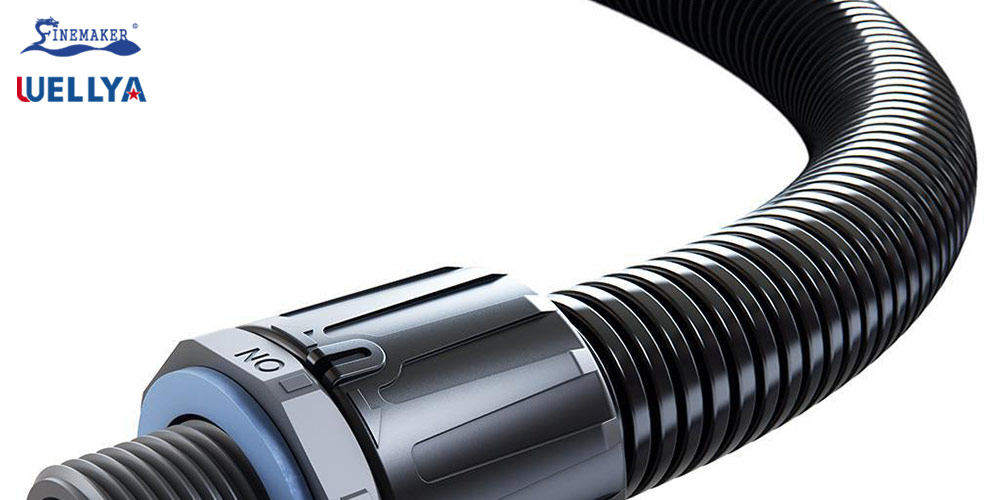
About 304 stainless steel flexible conduit
304 stainless steel flexible conduit is an essential component for protecting valuable electrical wiring and cables. It is widely used in industrial, commercial and residential applications due to its durability, flexibility and corrosion resistance. The 304 grade of stainless steel is the most common type used in these conduits and is highly resistant to corrosion from water, salt and other chemicals. The conduit is made from a metal mesh which provides flexibility without compromising on strength or durability. This allows the conduit to be bent or curved to fit around obstacles and tight spaces, making it ideal for difficult wiring installations. Additionally, the flexible nature of the conduit helps reduce sound transmission, making it suitable for noise-sensitive applications. 304 stainless steel also offers excellent protection against electrical shock, making it an ideal choice for protecting wiring in hazardous locations.
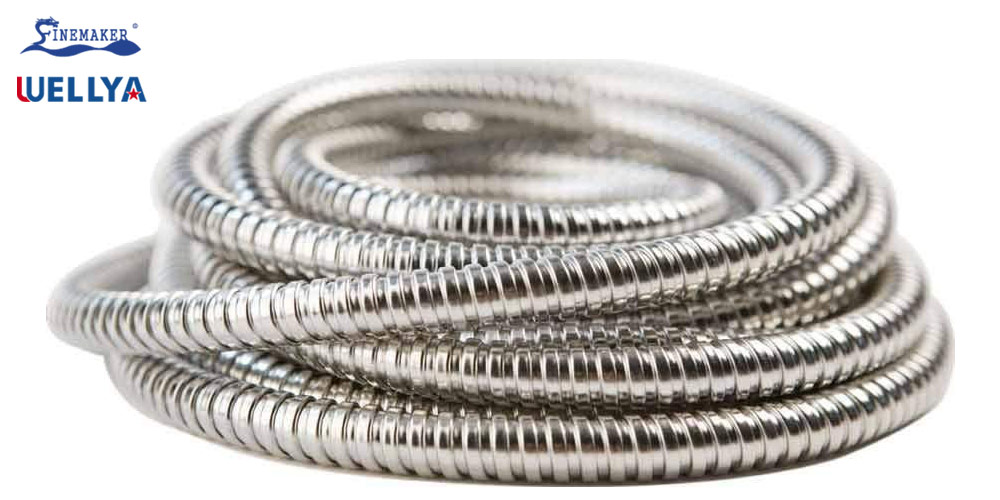
304 stainless steel flexible conduit is a popular choice for protecting cables and wires in industrial environments. This type of conduit is strong and durable, and offers superior protection against harsh elements. It is also highly resistant to corrosion, making it an ideal option for applications where long-term protection is important. Additionally, this material can be easily bent and formed into a variety of shapes to accommodate different applications. With its superior protection and flexibility, 304 stainless steel flexible conduit is an excellent choice for protecting cables and wires in a variety of industrial settings.
304 stainless steel flexible conduit is an ideal choice for a variety of applications and industries. This type of conduit is highly durable and corrosion resistant, making it suitable for use in harsh environments. The flexibility of 304 stainless steel allows for easy routing and installation, while providing maximum protection against external elements. Additionally, this type of conduit can be used in temperatures ranging from -50°F to 850°F, making it suitable for a wide range of applications. Not only is this type of conduit corrosion resistant, but it also offers superior electrical conductivity, making it safe to use in any environment. With its superior strength and durability, 304 stainless steel flexible conduit can provide a cost-effective solution to any industry or application.















